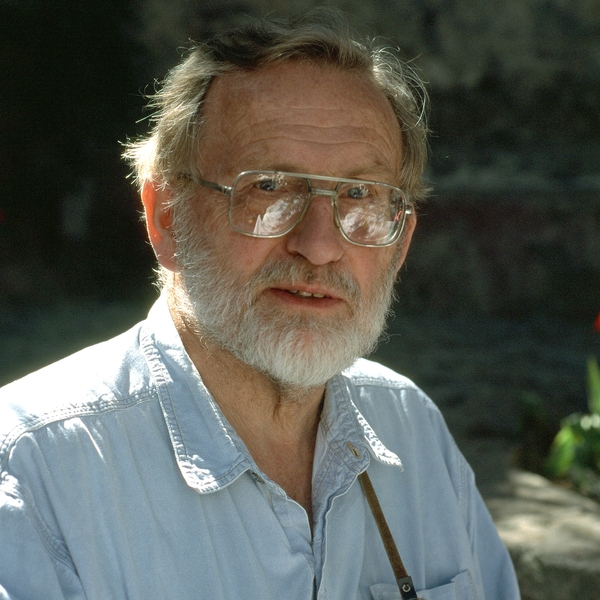George W. Rathjens, a professor emeritus of political science at MIT, died May 27 at age 90.
Trained as a chemist, Rathjens received his BS from Yale University and completed his PhD at the University of California at Berkeley. Rathjens is best known for his contributions to the theory and practice of nuclear arms control. He brought a fundamental understanding of the weapons and technologies to policy discussions and was a major participant in the controversial debate in the late 1960s and early 1970s on the wisdom of deploying ballistic missile defenses.
Prior to his arrival at MIT, Rathjens had a distinguished career in government, including service at the Institute for Defense Analyses, the U.S. Arms Control and Disarmament Agency, the Advanced Research Projects Agency of the Department of Defense, the Office of the President's Science Advisor, the Weapons Evaluation Group of the Department of Defense, and the Department of State.
Rathjens was one of the founders of MIT’s Security Studies Program — an internationally-recognized graduate-level research and educational program that integrates technical and political analysis of national and international security problems. His major policy interests were nuclear arms issues, environmental problems with special emphasis on conflict and the environment, and post-Cold War international security questions.
Among other achievements, Rathjens was from 1998 to 2002 the secretary general of Pugwash, the international non-governmental organization dedicated to cooperation among scientists and officials from many nations to bring "scientific insight and reason to bear" on the risks posed by nuclear weapons. For many years, he had been an active participant in that organization, which won the 1995 Nobel Peace Prize. He was also intensely interested in the principal international security problems of the 1990s — humanitarian intervention, sovereignty, and human rights — and under his leadership Pugwash took up these issues in a series of conferences.
Rathjens was active on a number of boards and committees, including the Aspen Strategy Group and the Massachusetts Commission on Nuclear Safety. He served as chair of the Council for a Livable World and the Federation of American Scientists and was a fellow of the American Academy of Arts and Sciences. At MIT, Rathjens was held in deep affection by his graduate students and colleagues.
Born in Fairbanks, Alaska on June 28, 1925, Rathjens developed a great love of the outdoors from an early age. He was an avid hiker, and enjoyed skiing, bicycling, canoeing, and snorkeling. He was also an extremely active squash player, on the court almost every day at MIT, much feared because of his size and reach (though not always victorious). He was a member of the Sierra Club since 1949.
Rathjens was predeceased by his wife of 59 years, Lucy van Buttingha Wichers in 2009. He is survived by his three children, Jackie of Danville, California; Leslie of Washington, D.C.; and Peter of Sudbury, Massachusetts; as well as six grandchildren and two great grandchildren.
Donations can be made in memory of George Rathjens to: Sierra Club Memorial, 2101 Webster St., Suite 1300, Oakland, CA 94612.






